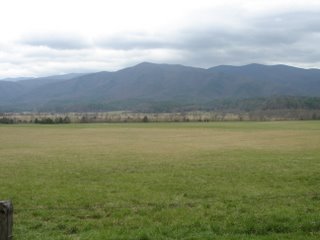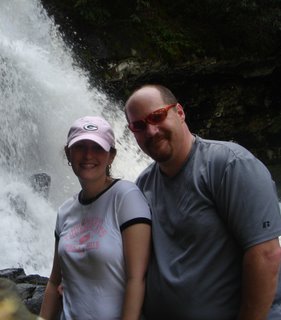Nashville's legendary Station Inn is a Bluegrass and Acoustic Music haven surrounded by an increasingly gentrified collection of old factories and warehouses. Slick new restaurants and clubs have taken root in The Gulch, as the neighborhood is known, and I hope the Station Inn can withstand the pressure to sell and let another condo take it's place. This town needs more for real and less faux real.
The same can be said of the show that Elizabeth Cook brought to the stage - the real thing, not the latest thing. Celebrating the completion of the tracking stage of her new album, Cook and her band did two sets of excellent Country music. She easily held her own against industry stalwarts like Nanci Griffith, Gail Davies and Rodney Crowell, all of whom joined her onstage throughout the evening.
Griffith has taken Cook under her wing, inviting her to open a tour last Fall, and co-writing the title track to Griffith's latest album, "Simple Life". Rodney Crowell produced Elizabeth's new record with a light and masterful touch. I've been fortunate to observe a few album sessions in the past, and his intuitive approach to getting the music and the players on the same page was quite impressive.
The challenge for Crowell, as it has always been for Elizabeth, was to find a way to present her straight-up hillbilly sound in a package that the non-cognoscenti will find familiar and pleasing. She's an acquired taste if all you know about Country music is Tim McGraw and Faith Hill. Too country for Country.
Thankfully, Crowell recognised that Cook has a unique voice, both vocally and as a writer, and did not attempt to dilute - or should I say muddy up - the purity of her throat, brain and heart. In a town where daily e-mails go out from the labels begging songwriters for "hits only" and "same as last record" ditties to sun, sand and rednecks, Crowell and Cook found community in their respective artistry and the record will be her finest effort to date.
There is no blatant "radio ready" song on this record. Not that there aren't several potential hits - just none of the lowest common denominator pandering variety that pretend to be the makings of a "Music Row Rebel", "the Future of Country Music", or even "Hey, look at this midget we found". It's pretty obvious that once you throw Radio a bone, they suck out the marrow.
I learned a lot watching Rodney and the superb studio band, and conversations with engineer Peter Coleman reaffirmed my beliefs regarding recording. "Put the right mic in front of the right musician giving the right performance" and the rest is easy. And what's so hard about easy?




